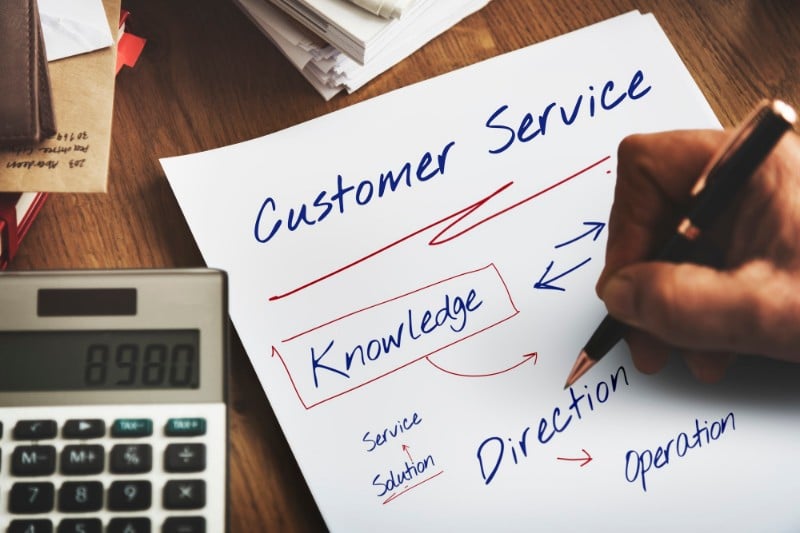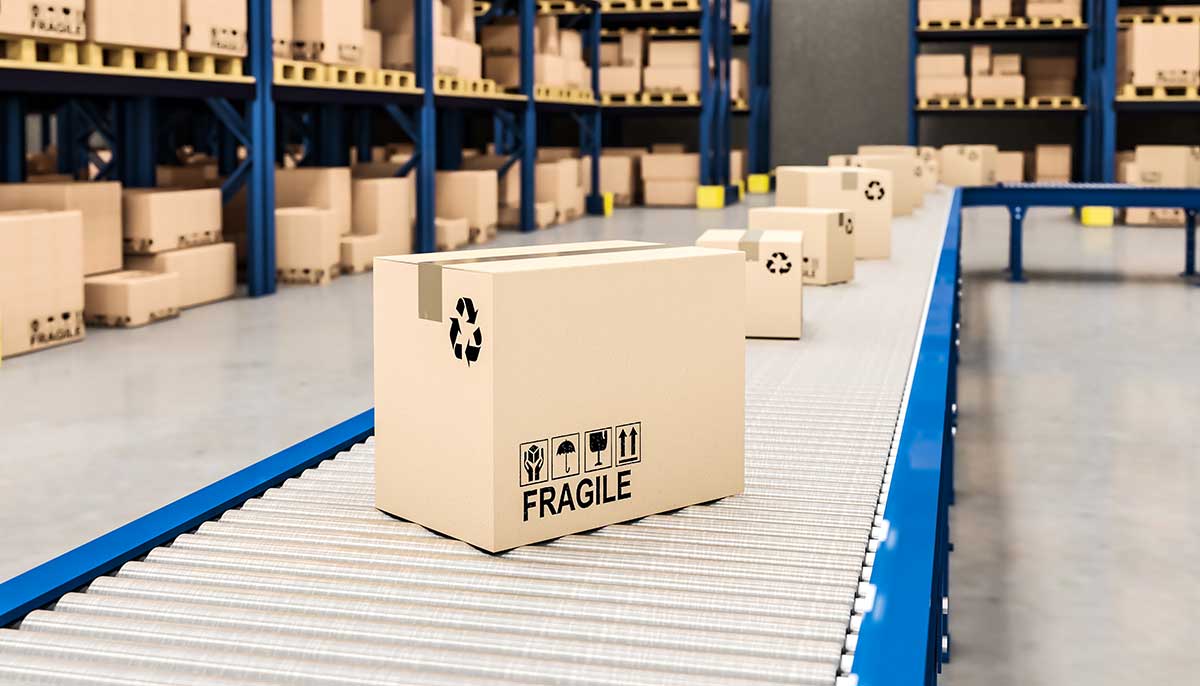Small businesses are vital to the community and economy. They offer many advantages over big-box stores and chain retailers, from personal service to fostering your neighbourhood’s sense of identity and community. But despite all these benefits, people still tend to stick with the tried-and-true big box stores. Why?

1. Slow service & poor customer service
Customer service is crucial for Australian small businesses, and it’s not always easy. When your clientele consists of locals, they may be less patient with long lines or other inconveniences that come with supporting local businesses. Often, these customers will simply choose another local business over yours if they feel their time isn’t being respected. No-one wants to wait 20 minutes for their morning espresso before work or wait an hour for their meal to be served in a restaurant. Ensure your staff understands that providing good customer service isn’t just about making a sale – it’s about cultivating a loyal customer base.
2. Unable to work under pressure
Some people cannot work when put under pressure, especially when it comes to deadlines. Being able to complete tasks within specific timeframes is a must in business. When you can’t finish them on time, you’ll see a negative impact on your business, such as being unable to meet customer needs or missing out on opportunities that could benefit you.
Fast pace environments like cafes and restaurants can become extremely busy with long queues. You need to be able to work under pressure without losing control.
3. Inconsistent
Small local businesses tend to be understaffed and inconsistently manned. Inconsistency can also become prevalent in other business areas, including products and services.
Inconsistency also creates distrust among customers, who may be hesitant to return or recommend a business that has let them down in the past. As a result, small businesses can lose out on valuable word-of-mouth marketing, which means lost revenue.
4. Fewer options and variety
Smaller businesses often have a narrower selection of products and services, which limits your options. But the upside is that they are more likely to have unique or one-off pieces not available anywhere else.
5. The internet makes it easy to shop anywhere, anytime
Today, people don’t have many reasons to leave the house – let alone go out of their way to shop at local shops. Instead, they can hop online and buy nearly anything they need without leaving the front door. The internet has made shopping much more convenient for us, but it also makes us more susceptible to buying everything we want online instead of supporting local businesses.
6. Small businesses are bad at following through
Small businesses have a terrible reputation for not following through with their customers. This can be anything from not returning phone calls or emails to not delivering on promises made. One of the reasons for this may be that small businesses often have limited resources and are over-extended, so they can’t always honour every commitment they make. Another possibility is that small business owners simply don’t care about their customers and are only interested in generating a quick buck. Whatever the reason, it needs to change if small businesses want to survive and thrive in Australia.

7. People believe bigger companies mean better quality goods
There’s a general belief that bigger companies produce better quality goods. This may be because they have more money to invest in research and development or because they can better afford to hire experienced staff.
Another theory is that consumers see big companies as being more professional and reliable. They may also believe that these businesses have a better understanding of what customers want and need.
Whatever the reason, it’s a common perception that big businesses offer superior products.
Small businesses will need to work hard to change this perception if they want to survive in a competitive market.
8. Rude staff members
Personality goes a long way and can hugely impact any business.
Customers want to see happy faces, not rude or unhelpful staff that would rather be anywhere but there. Facial expressions alone are enough to turn a customer away. It’s important for staff members to be happy in their job, as it will show through in their interactions with customers. If they don’t like working there, then there’s a good chance that customers won’t like doing business there either.
Your staff can make or break your business, so be diligent when hiring new staff members.
9. Inconvenient to get to
Small businesses are a big part of the Australian economy. They are often the lifeblood of a community and provide jobs and services that people need. However, many small businesses are located in inconvenient places, where it is difficult to get to them due to a lack of parking spaces. This can be a significant inconvenience for customers, who may have to search for parking long before getting to the business. This can be frustrating for customers and employees alike.
10. Lack of product knowledge
Lack of product knowledge can be costly for businesses, as it can lead to incorrect orders, stock shortages and poor customer service.
Product knowledge is essential as it allows employees to provide accurate information to customers, place orders accurately and troubleshoot any problems that may arise. Without it, businesses can quickly find themselves struggling to stay afloat.
11. Customers can’t find them
Small businesses don’t have the same marketing budget as larger companies, so they are not as well known. This can make it difficult for customers to find them, as larger businesses tend to dominate search engine results pages. Additionally, small businesses may have difficulty reaching potential customers through other marketing channels such as newspapers and radio. If you happen to see a local business with an advertisement on TV or the internet, you should note where they are located because these days, those advertisements are few and far between.

12. Prices can be too high
When it comes to small businesses, people often think about the high prices that come with the products and services. Small businesses usually charge more compared to larger companies because they don’t have the same buying power. Additionally, since small businesses are often family-owned and operated, owners may be less likely to discount their products or services. While there are some benefits to supporting small businesses, such as getting unique products and services, the price may not always be worth it.
Conclusion
As you can see, there are many reasons why someone might not support small businesses.
Yes, we all know we should, but these reasons can really put people off and never return to do business with you again. That’s why it’s so important for small business owners to ensure they’re running their business in a way that brings customers back again and again!





